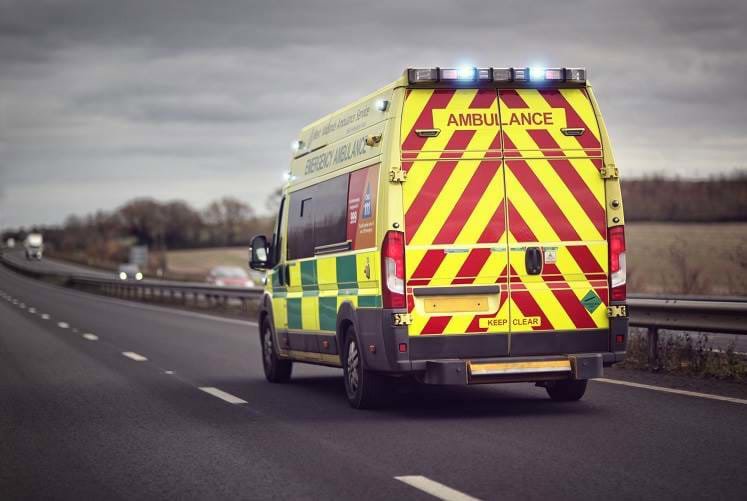
Claiming Medical Negligence Compensation for Hepatitis
If you develop Hepatitis C in a hospital, possibly because of a blood transfusion or an unsafe injection, then you may have grounds to claim compensation.


Senior Associate Solicitor, Medical Negligence
As part of its Long Term Plan that was announced in 2019, the NHS set out ambitions to eliminate existing ambulance handover delays. This refers to amount of time it takes for a patient to be transferred from ambulance paramedics to hospital staff.
We know that in a medical emergency, every second counts, and the existing handover delays are putting patients at significant risk of further injury or even death as they wait to be treated by hospital employees.
As well as affecting patients who have arrived at hospital in an ambulance, these delays are also impacting wider communities who are facing excessive waiting times for an ambulance after calling 999.
Demonstrating the severity of this situation, NHS Improvement referred to the case of Matthew, who sadly died from an overdose. At the time of Matthew’s death, 21 ambulances were stuck at his nearest hospital, New Cross in Wolverhampton, and there were no paramedics available to attend to him – and he sadly died.
Despite this ongoing Long Term Plan, almost 1 in 4 ambulance handovers have experienced a delay of 30 minutes or more in 2022-2023. The Standard Contract for the NHS states that all handovers should be done with no more than 15 minutes waiting time, so this is double the expected time. In December 2023, UK Coroners issued a warning over deaths that were linked to ambulance delays. One prevention of future deaths report covered three deaths that were linked to ambulance delays affecting the South West Ambulance Service. One death had an 8 hour wait and another 13 hours.
In order to try and reduce the amount of time patients are waiting for an ambulance, or waiting to be admitted to hospital, the NHS Emergency Care and Improvement Support Team (ECIST) have developed key lines of enquiry (KLOEs) for ambulance services, covering six domains. We’ve explored each of these further in this article.
Read on to find out more or get in touch with our expert Medical Negligence Solicitors for advice that is tailored to your individual circumstances.




NHS. (2019). NHS Long Term Plan. Retrieved from https://www.longtermplan.nhs.uk/wp-content/uploads/2019/08/nhs-long-term-plan-version-1.2.pdf
YouTube. (n.d.). Ambulance Handover Delays. https://www.youtube.com/watch?v=BDzhN14OFuA
Nuffield Trust. (n.d.). Ambulance handover delays. Retrieved from https://www.nuffieldtrust.org.uk/resource/ambulance-handover-delays
NHS England. (2021-2022). NHS Standard Contract. Retrieved from https://www.england.nhs.uk/nhs-standard-contract/previous-nhs-standard-contracts/21-22/
The Guardian. (2023, December 2). UK coroners issue warning over deaths linked to ambulance delays and say it could get worse over winter. Retrieved from https://www.theguardian.com/society/2023/dec/02/uk-coroners-issue-warning-over-deaths-linked-to-ambulance-delays-and-say-it-could-get-worse-over-winter
NHS England. (2020). Reducing ambulance handover delays - key lines of enquiry. Retrieved from https://www.england.nhs.uk/wp-content/uploads/2020/08/Reducing_ambulance_handover_delays_-_key_lines_of_enquiry_v1.1.pdf
NHS England. (n.d.). Reducing ambulance handover delays - Key Lines of Enquiry (KLOEs). Retrieved from https://www.england.nhs.uk/urgent-emergency-care/improving-ambulance-services/reducing-hospital-handover-delays/
NHS England. (2013). Prior Acute Hospital Care. Retrieved from https://www.england.nhs.uk/wp-content/uploads/2013/08/prior-acute-hosp.pdf
Fill in the form below to get in touch with one of our dedicated team members, or call our team today on: 0800 260 5010